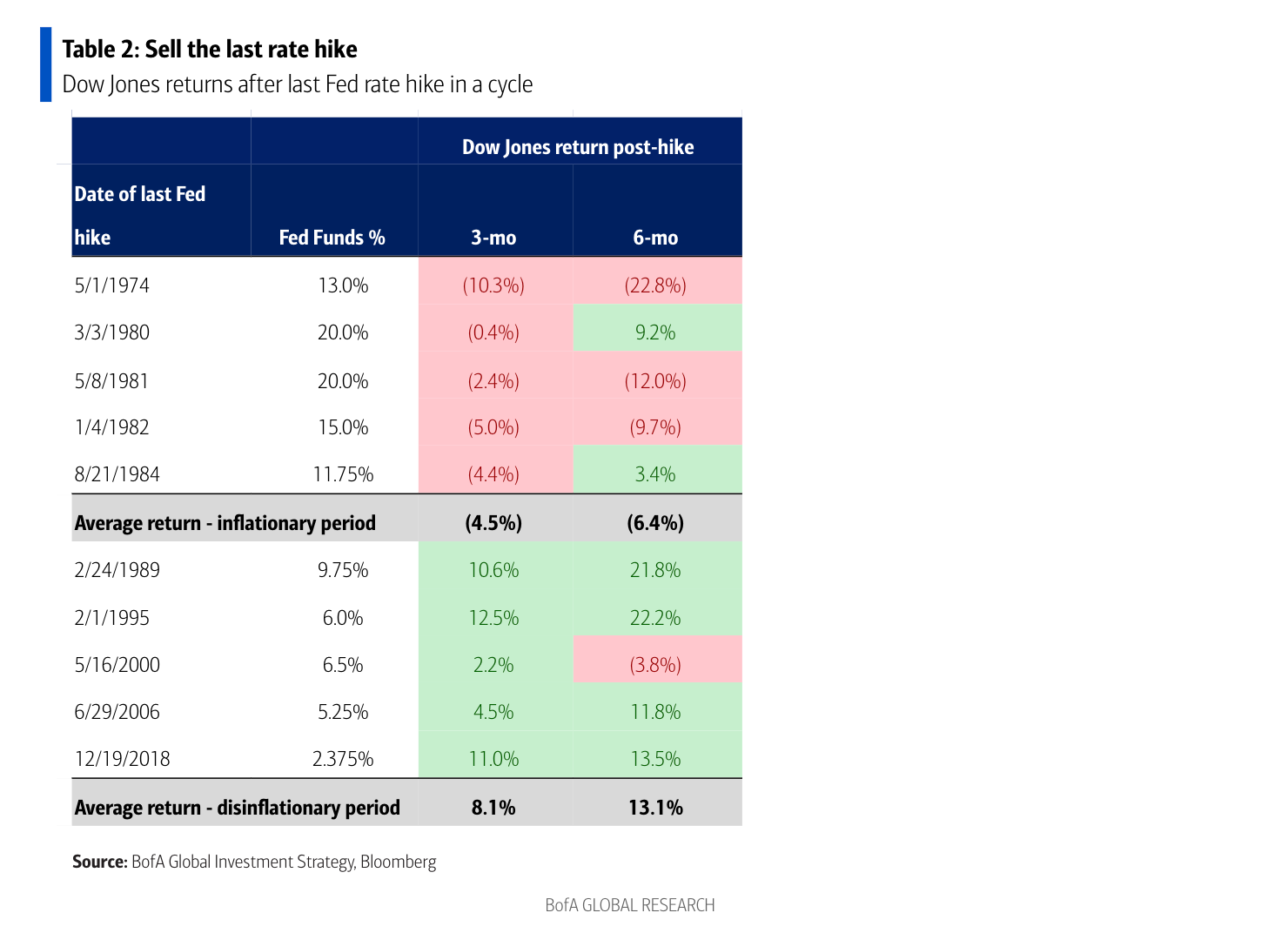Transgender Soldier's Grievous Discharge: A Story Of Discrimination

Table of Contents
The Soldier's Story: Background and Service History
We will refer to this soldier as Alex, to protect their privacy. Alex served with distinction in the US Army for seven years, achieving the rank of Sergeant. Their service included a deployment to Afghanistan, where they received the Army Commendation Medal for bravery under fire. Alex consistently exceeded expectations, demonstrating exceptional skills in tactical communication and leadership. Alex's transition began two years into their service. This transition was handled discreetly and professionally, with no negative impact on their performance or unit cohesion.
- Served with distinction in the 101st Airborne Division.
- Awarded the Army Commendation Medal for Valor.
- Demonstrated exceptional skills in tactical communication and leadership.
- Consistently received high performance evaluations.
The Discharge Process: Allegations and Procedures
Despite their exemplary service record, Alex was discharged under the pretense of "failure to meet medical standards." However, the medical condition cited was directly related to their gender transition, a condition supported and managed by Alex's medical team within the military. This was clearly an instance of discriminatory enforcement of regulations. The discharge process lacked transparency and due process. Alex was denied access to legal representation during crucial stages of the hearing, and their requests for a fair evaluation were consistently dismissed.
- Denied access to necessary medical care related to their gender transition.
- Lack of due process during hearings, including denial of legal representation.
- Inconsistent application of regulations compared to cisgender service members facing similar medical issues.
- Evidence suggesting bias and prejudice in the decision-making process.
Legal Ramifications and Potential for Appeal
Alex is currently exploring legal avenues to appeal their discharge, including filing a discrimination lawsuit. Several precedents exist, demonstrating the possibility of successful legal challenges against discriminatory discharges based on gender identity. This case has the potential to set a significant legal precedent, potentially influencing future challenges to discriminatory practices targeting transgender service members, shaping the landscape of transgender soldier discharge appeals.
The Broader Context: Discrimination Against Transgender Service Members
The history of transgender individuals in the military is fraught with discrimination. For decades, transgender individuals were explicitly banned from serving openly. Even with recent policy changes, the implementation has been uneven and discriminatory practices persist. The number of transgender service members facing discharge due to discriminatory practices remains alarmingly high. These discriminatory practices inflict significant harm.
- Increased rates of suicide among transgender service members.
- Loss of qualified personnel for the armed forces, undermining readiness and capability.
- Erosion of morale and trust within the ranks, creating a hostile environment.
Calls for Reform and Policy Changes
Numerous LGBTQ+ rights organizations are actively advocating for comprehensive policy reforms within the military. These efforts include calls for improved training on LGBTQ+ issues for all military personnel and strengthened protections against discrimination in military regulations. Successful legislative changes in other sectors offer models for enacting comprehensive, non-discriminatory policies.
- Improved training for military personnel on LGBTQ+ issues and sensitivity training.
- Strengthened protections against discrimination in military regulations, explicitly protecting transgender service members.
- Increased access to healthcare and mental health services for transgender service members, ensuring seamless transition support.
- Independent review boards to investigate allegations of discrimination and ensure fair treatment.
Conclusion
The unjust discharge of Alex is a stark reminder of the pervasive discrimination faced by transgender individuals in the military. This case, alongside countless others, underscores the urgent need for sweeping policy reforms to protect transgender service members from discrimination and ensure equal opportunity within the armed forces. The issue of transgender soldier discharge needs to be addressed swiftly and decisively. We must act now to end discrimination in the military and ensure equal rights and opportunities for all transgender service members. Contact your representatives and demand an end to unjust transgender soldier discharges. Let's work together to create a more inclusive and equitable military for all.

Featured Posts
-
 Padres Vs Pirates Prediction Picks And Odds For Todays Mlb Game
May 15, 2025
Padres Vs Pirates Prediction Picks And Odds For Todays Mlb Game
May 15, 2025 -
 The Biden Harris Relationship Addressing Rumors Of Conflict
May 15, 2025
The Biden Harris Relationship Addressing Rumors Of Conflict
May 15, 2025 -
 Stock Market Valuation Concerns Bof A Offers Reassurance
May 15, 2025
Stock Market Valuation Concerns Bof A Offers Reassurance
May 15, 2025 -
 The Surveillance State And The Rise Of Ai Powered Therapy
May 15, 2025
The Surveillance State And The Rise Of Ai Powered Therapy
May 15, 2025 -
 Elon Musks Mother Reveals The Reality Behind Their Familys Wealth
May 15, 2025
Elon Musks Mother Reveals The Reality Behind Their Familys Wealth
May 15, 2025
